Suppressors, often called “silencers”, don’t actually eliminate firearm report, yet reduce the decibel level of the shot and recoil, two factors that often influence accuracy and hunting effectiveness. Just this morning, I watched a TV show that featured a hunt for roe deer in Scotland and the hunter used a rifle equipped with a suppressor, standard operating procedure in Europe.
Coming to America
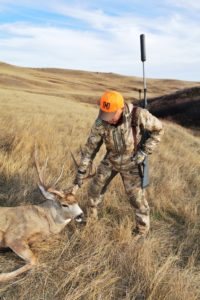 Despite the gangland depiction of “silencers,” suppressors serve the shooter by greatly reducing the potential of hearing loss and are legal in 42 states and legalized for hunting in 18 states with others seriously considering legalization. Suppressors help shooters and improve the overall shooting process by reducing the sound of the gun shot, lessening muzzle-rise allowing the shooters to see the results of the shot, and reducing recoil, a real or emotional element that causes flinching and poor shooting performance.
Despite the gangland depiction of “silencers,” suppressors serve the shooter by greatly reducing the potential of hearing loss and are legal in 42 states and legalized for hunting in 18 states with others seriously considering legalization. Suppressors help shooters and improve the overall shooting process by reducing the sound of the gun shot, lessening muzzle-rise allowing the shooters to see the results of the shot, and reducing recoil, a real or emotional element that causes flinching and poor shooting performance.
The National Hearing Protection Act
Although legal in many states, Federal legislation restricts the purchase of suppressors by charging a $200 tax and requiring approval in a process that usually takes six months for paperwork to be approved. Legislation has been introduced in Congress to eliminate the tax and special permission required to purchase a suppressor which will greatly expand their use. Adam Millard, gives an informative look at the use, purchase, and care of suppressors in this post from the Realtree website. There may well be a suppressor in your future and Millard tells you all about it:
People are always intrigued about firearm suppressors. While obtaining one might be a bit of a headache, here are some of my tips when that day might come.
1. Keep Them Clean
There are numerous different makes and models of suppressors on the market. With that said, depending on what is being shot through the suppressor is going to dictate how often you should clean it. Typically suppressors are pretty low maintenance. But for the sake of how much these simple devices cost, it’s a good idea to keep them clean.
Take for instance a designated centerfire rifle suppressor. These suppressors need very little internal maintenance. The heat and blast of the exhaust gasses from the centerfire rounds will blow a lot of the carbon out of it. It will get dirty to a point and continue to stay at that level no matter how many rounds you put through it because the heat and blast keeps the build up maintained. Some of these silencers are sealed units and cannot be taken apart.







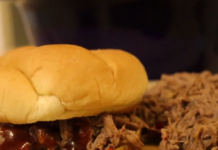


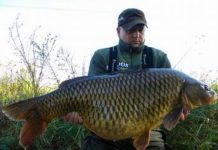

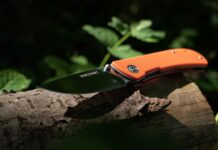
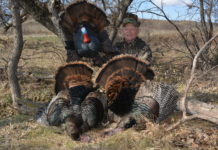





![The Best Deer Camp Chili [VIDEO] Deer Chili Ingredients, Tomatoes, Chili Spices](/wp-content/uploads/2015/10/Deer-Chili-Deer-Camp-Recipe-218x150.jpg)
![How to Call Elk Early in the Season [VIDEO]](/wp-content/uploads/2016/08/byers003-218x150.jpg)

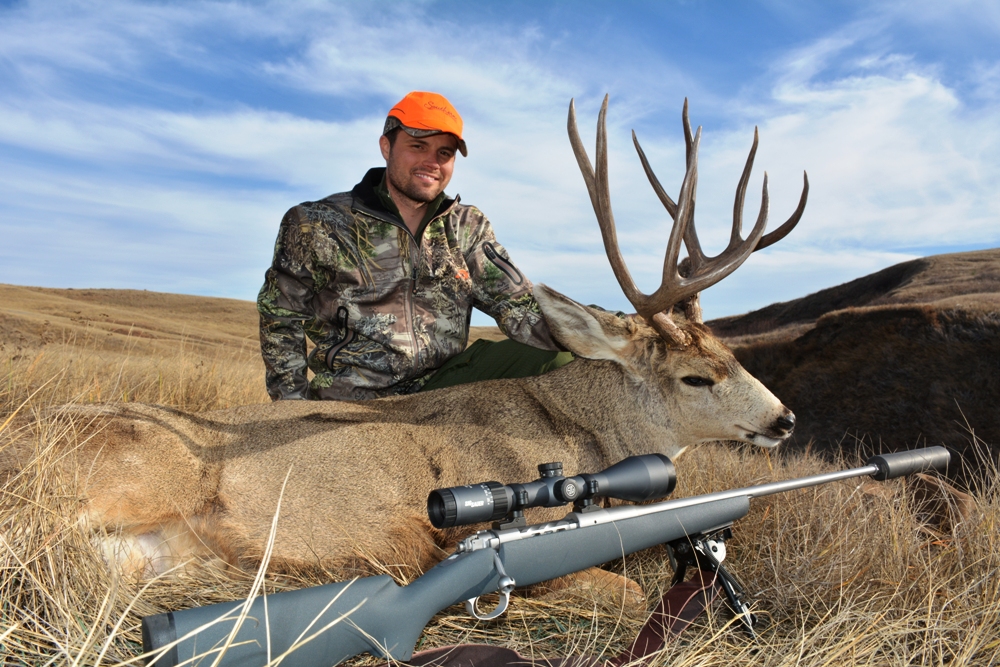


![Idiots Disturb Hunter: How Would You Have Handled It? [VIDEO]](/wp-content/uploads/2015/10/DSC00110-e1474487693878-100x70.jpg)
![Albino Buck Shocked to Shed His Antlers [VIDEO]](/wp-content/uploads/2015/10/AlbinoDeer-100x70.jpg)